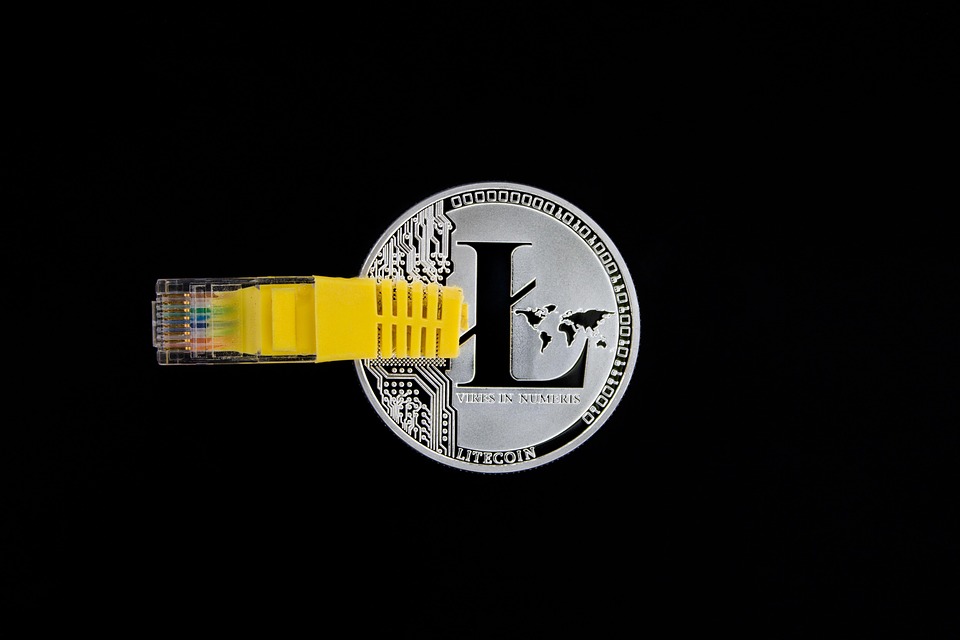New Consensus Algorithm for Cryptocurrency Networks Gains Traction
In recent times, the cryptocurrency world has been plagued by controversy and security concerns. With the rise of centralization and scalability issues, the need for a more efficient and secure consensus algorithm has become pressing. Enter the new consensus algorithm, known as "Spectre," which promises to revolutionize the way cryptocurrency networks operate.
The Problem with Traditional Consensus Algorithms
Traditional consensus algorithms, such as Proof of Work (PoW) and Proof of Stake (PoS), have faced criticism for their energy consumption, centralization, and scalability limitations. PoW, which is widely used by Bitcoin and other major cryptocurrencies, requires miners to solve complex mathematical puzzles, consuming vast amounts of energy and contributing to environmental degradation. PoS, on the other hand, has been criticized for its reliance on token holdings, which can lead to centralization and favoring of certain stakeholders.
Introducing Spectre: A New Era in Consensus
Developed by a team of experts in blockchain and cryptography, Spectre is a new consensus algorithm that aims to address the limitations of traditional consensus algorithms. Unlike PoW and PoS, Spectre is designed to be energy-efficient, secure, and scalable. The algorithm uses a distributed clustering approach, where nodes are randomly selected to participate in the consensus process, ensuring a more equitable distribution of power and preventing any single entity from dominating the network.
Key Features of Spectre
- Energy Efficiency: Spectre uses a unique approach to solving complex mathematical puzzles, which significantly reduces energy consumption compared to traditional PoW algorithms.
- Security: The algorithm incorporates advanced cryptographic techniques, such as elliptic curve cryptography and hash functions, to ensure the integrity and confidentiality of transactions.
- Scalability: Spectre enables faster transaction processing and higher network capacity, making it an attractive solution for large-scale cryptocurrency networks.
- Decentralization: The algorithm promotes decentralization by encouraging node participation and preventing any single entity from dominating the network.
Adoption and Integration
Spectre has gained significant traction in the cryptocurrency community, with several notable project integrations. For instance, the popular blockchain platform, Hyperledger Fabric, has announced plans to integrate Spectre into its network. Other prominent projects, including decentralized finance (DeFi) platforms and decentralized applications (dApps), are also exploring the use of Spectre.
Conclusion
The introduction of Spectre marks a significant turning point in the evolution of cryptocurrency networks. By providing a more energy-efficient, secure, and scalable consensus algorithm, Spectre has the potential to revolutionize the way we think about cryptocurrency networks. As the cryptocurrency landscape continues to evolve, it is likely that Spectre will play a crucial role in shaping the future of the industry.

